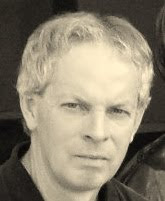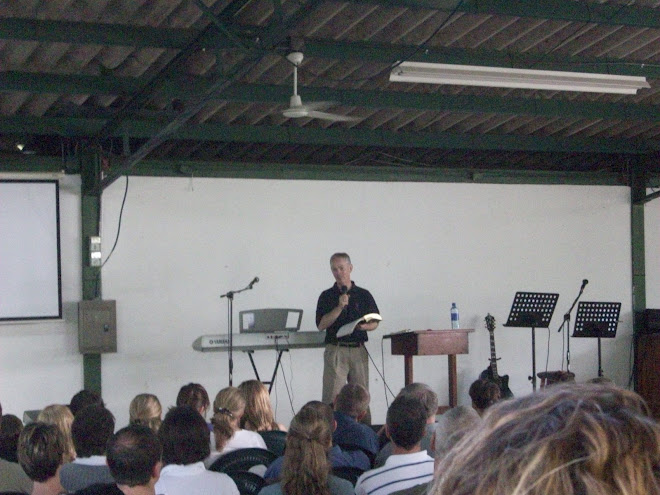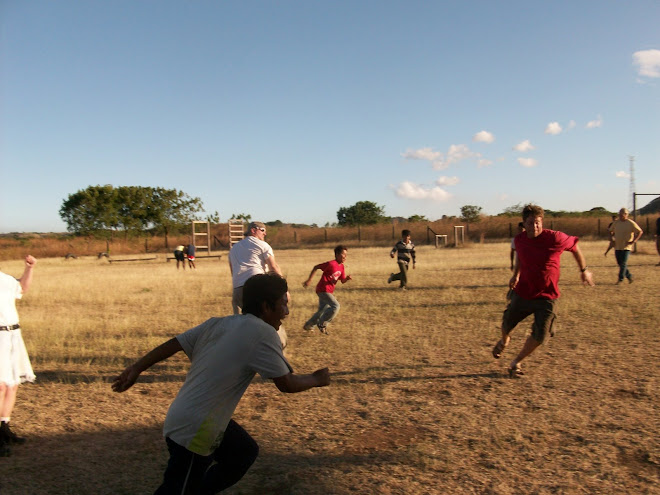
Death penalty trials ... it's in the details ....
If you were to go to the “Regional Section” of the New York Times newspaper edition published on February 16, 2006, you would find an article entitled “Exonerated, Queens Man Decides to Sue Prosecutors.” The article is linked here.
If you are interested in this journey we have undertaken in a discussion of the death penalty, I would urge you to peruse this New York Times article. I raise it for it relates to the next step in our discussion, and picks up where we last left off, in discussing the inherent value of having a dedicated, forthright defense bar defending all criminal cases … particularly death penalty eligible murder cases.
In the last post of “Cross-Wise” I drew to your attention a famed criminal defense attorney named Bobby Lee Cook. Amongst criminal attorneys, Bobby Lee is know as “an attorney’s attorney.” He was and still is a much sought after lecturer in legal conferences, particularly in the area which he so highly mastered and perfected, the art of cross-examination.
During my time of clerkship within his office in Summerville, Georgia, he tried to completion two murder jury trials. In the summer of 1991 in Summerville a murder jury trial was still able to pack the courtroom with spectators. And the courtrooms in these rural Georgia courthouses are still like they were in the old days: large and cavernous … totally unlike the small, sterile courtrooms which so dot the land today. Part of the draw was, like in the old days, this was the only show in town … and in these rural areas a murder trial was big news. But the largest part of the draw was to see a legend in action … Bobby Lee. It was a pleasure to observe, and to in a very small manner, assist Mr. Cook in these two trials during that clerkship in 1991.
However, the most memorable moments of the time spent with Bobby Lee Cook was the time spent on a motion for a new trial for a previously convicted murder defendant. The defendant was a young African-American named Wayne Williams. If you have a memory of Atlanta twenty-seven years ago, back to 1979, you might remember the “Atlanta Missing and Murdered Children” cases. During a two year period twenty-three African-American children were murdered by what police termed a serial killer whom investigators identified as Wayne Williams. Ultimately Williams was convicted for two of the murders, and the remaining twenty-one cases were labeled “closed.”
Bobby Lee Cook was not involved with Wayne Williams initial two jury trials. However, years after Wayne Williams was convicted previously non-disclosed Georgia Bureau of Investigation files were bound into a plain manila envelope and were left by a never identified courier on the front door step of Mr. Williams initial trial attorney. The manila envelope was a massive stack of previously undisclosed crime lab reports on the forensic evidence (hair fibers and carpet fibers) from the crime scenes, as well as reports on witness interviews, witness background checks, and GBI reports on other potential suspects in the case – particularly focusing upon a former member of the Ku Klux Klan who was a suspect and who had made a threatening statement to one of the children prior to the child’s murder.
After the appearance of these non-disclosed reports, a team of nationally known attorneys entered the case on behalf of Wayne Williams. They agreed to represent Mr. Williams pro bono, in his motion for a new trial based upon evidence which the prosecutors had withheld from the trial defense attorneys … a claim similar to the claim made in the above-mentioned New York Times article of February 16, 2006 on an unrelated Queens, New York case.
This team of newly-constructed top defense attorneys for Williams consisted of three lead attorneys. One was Alan Dershowitz, a professor at Harvard Law School and perhaps best remembered as a member of the O.J. Simpson defense team. (Although Dershowitz later withdrew from participation in the Williams defense.) The second was a nationally known former New York City attorney, the now late William Kunstler. Mr. Kunstler first came to fame as one of the defense attorneys in the 1969 trial of the “Chicago Seven.” In the early 1990s he participated in the defense of the defendants charged with attempting to blow-up the World Trade Towers in 1992. He would become known as one of the leading advocates for civil liberties in the courtroom. William Kunstler was assisted in the Williams defense by his partner, Ron Kuby … who is still a well known New York City criminal defense attorney. The third top attorney was Bobby Lee Cook.
In the summer of 1991 hearings were held and witnesses were called in the defense’s motion for a new trial. I had the opportunity to play a small role in the defense team by reviewing the newly disclosed evidence in the withheld GBI files, and assisting during the hearings in a support role as Kunstler, Cook and Kuby called and interrogated witness after witness. One of the key witnesses was a former lead Atlanta Police Department Detective in the murder investigations, who now believed that Wayne Williams was totally innocent of the charges against him, and who believed that the true murderer was never apprehended.
While it was an honor and pleasure to watch from such a close range two extremely highly respected legends in jurisprudence … Cook and Kunstler … by going over reports with them and Kuby, pouring over law books, staying up late nights discussing strategy, evidence and witnesses, and learning from them … the most valuable lesson was from what had not been done by Williams trial prosecutors … the turning over of all relevant reports on the case.
That is the same charge made in the New York Times article of February 16, 2006 by a totally unrelated defendant in Queens, New York. His claim, which ultimately led to the reversal of his conviction, was that the prosecutor in his case had intentionally withheld key information from his trial defense attorney.
As a trial attorney and a prosecutor for almost seventeen years, I know how hard it is for prosecutors to track down every sheet of recorded information. In our murder trials in New York City, a case could easily entail several hundreds of pages of documents from numerous agencies. It was almost a full-time job for a trial attorney and their paralegal to collect every report from the various agencies and labs. Unintentional mistakes can happen … as can honest legal disagreements over what must be turned over to the defense.
However, in the case of Wayne Williams, the number of reports which were withheld from the defense were wide ranging.
What the intentional withholding of reports from defense attorneys of unquestionably relevant reports highlights … and this is extremely important to our future discussion of the death penalty … is that no matter how good, how competent, how famed, how prepared a criminal defense attorney is … ultimately every criminal defense attorney is dependant upon the prosecutor … even with the intervention of judges … in ensuring that all truly relevant reports are disclosed to the defendant and his or her attorney.
Without all the relevant information, any criminal defense attorney is handicapped.
In the New York Times article I cited, the defendant served twelve years in jail prior to his conviction being reversed due to prosecutorial misconduct. And in the Williams case, it wasn’t until 1999 that the Georgia Supreme Court began to rule upon his motion for a new trial.
Why is this relevant to death penalty cases?
As we will discuss in later articles … mistakes can happen … such as truly relevant information not being provided to the defense for either legitimate, controverted, or illegitimate reasons.
In death penalty eligible cases the question ultimately becomes … what level of mistakes are acceptable?
In our next article, we will switch our focus from defense attorney and procedural issues … to the other players in the courtroom which we have just mentioned: the prosecutors ….
Stan





